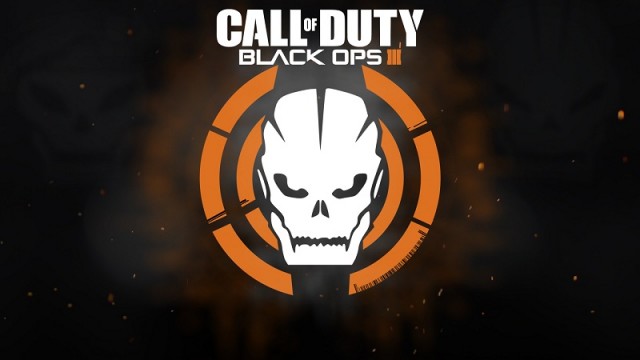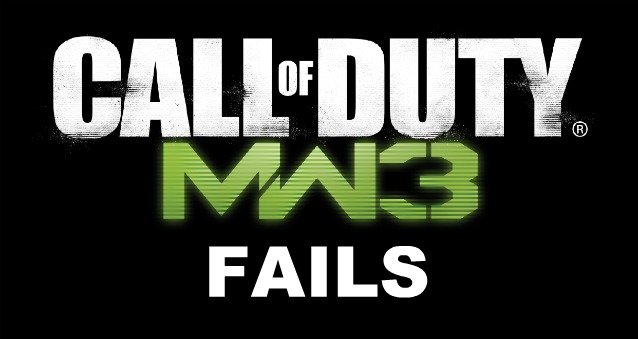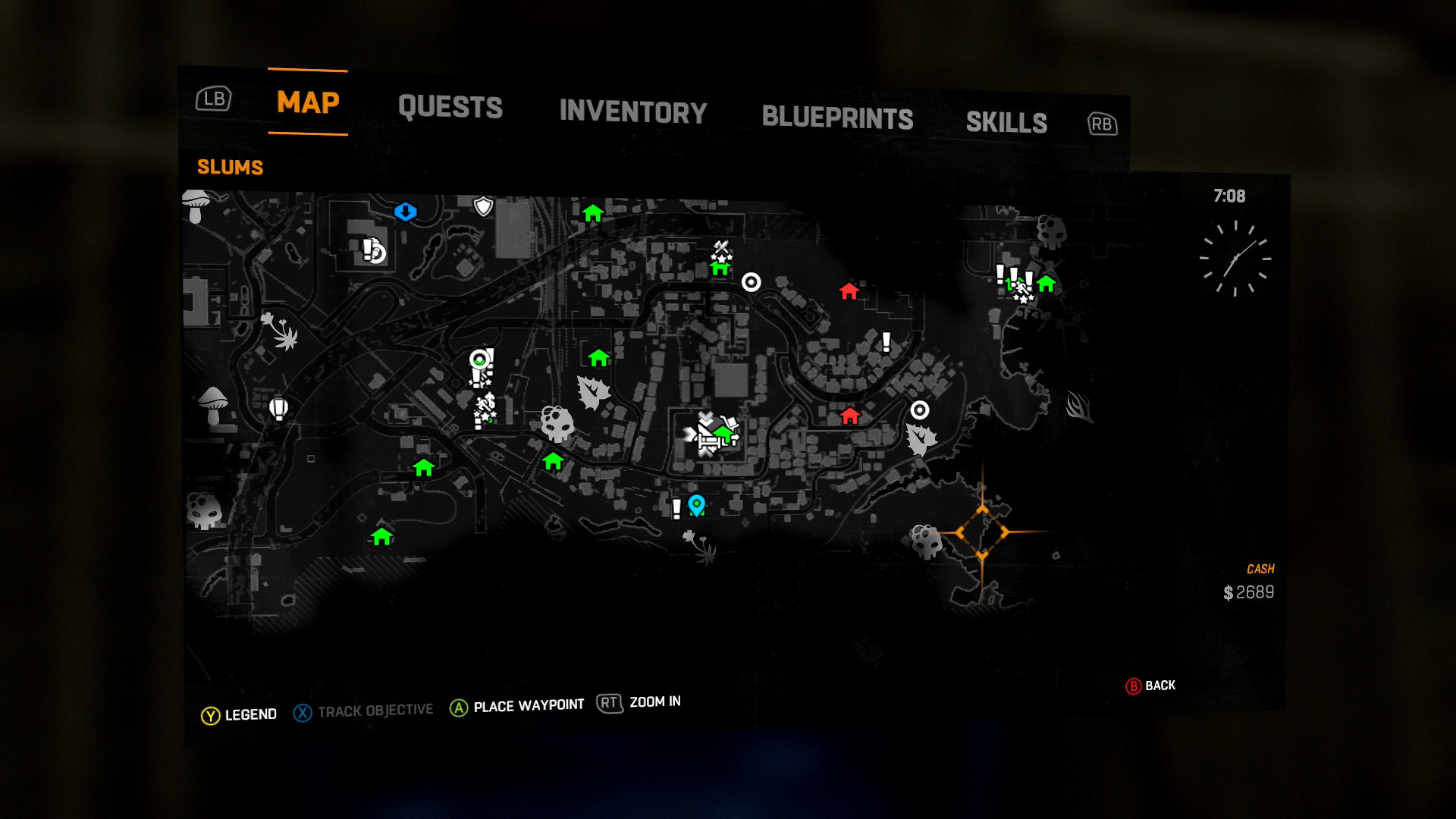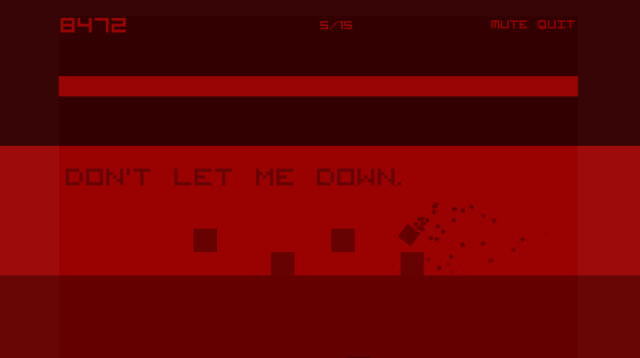

Jump to Content
As a top-down role-playing game released in 2014, Divinity: Original Sin has done quite well for itself as a title that tries to add more to an already established formula. But that also you might be either someone who is not that into this genre and are looking to play this game, or a longtime fan who is finding the new stuff on this game to be a bit of a sea change, in which case this guide should get you going.
This game is being touted as the Baldur’s Gate of this generation did to their similarities in gameplay. Beginners may find it to be more of a handful compared to more modern RPGs like Dragon Age and Mass Effect, especially with the turn-based combat similar to The Banner Saga. With that said, there’s a lot to dig into with this game, and here are some tips to get you started right.
Take note that these are beginner tips designed to make most basic parts of the singleplayer campaign easier, so it’s still up to you to figure out how to get through the late game and such. There are plenty more things that you should consider, like your character builds and the bosses that you’ll encounter along the way.
Even if you’re a veteran RPG player, do so if this is your first time in playing the game. This game introduces new elements alongside variations of old ones, so it will still feel somewhat different to something like Baldur’s Gate. There are also interactions between things like fire attacks with poison objects that will cause an explosion and various other dynamics that may not be common in other games that are present in this one.
It’s a fairly short tutorial for what it tries to put forward, so take some time in going through it to spare yourself the headache of having to search on the web about something that you could’ve learned about anyway if you weren’t so impatient in the first place.
This is not just because the game is an RPG, but also because you would want to play with a synergistic team that can handle whatever problems that you may encounter. For instance, you may want a party where one character is good at ranged combat and item repair, while the other is good at barter and charm while also being able to cast magic, and so on. The more bases you can cover with your party while not being spread out too wide, the better your experience will be.
The environment in Divinity: Original Sin is so interactive that you can enter any building and talk to any NPC, even go on a rampage and kill everyone or steal everything if you so desire. This gives you a lot of things that you can do in the game that would be too much of a waste to skip over through some sort of speedrun, which is only recommended when you’ve already finished the game quite a few times already.
Sure, there is the issue of ludonarrative dissonance when it comes to stealing just about everything in the vicinity while still trying to be a good guy (something that’s much harder to do in something like Arcanum or Skyrim), but it’s par for course in a game like this. The act of being able to uncover every little thing in a role-playing game is something that quite a few people dig, and it’s that exploration factor that lends itself well in this game.
A bomber or nuke is a character who can lay down burst damage. In the case of this game, it’s an elemental wizard, and it’s important that you have at least one in your party. They make fights much easier, especially against mobs that greatly outnumber you.
Elemental magic users in this game have their own names, which are Aerotheurge (air, lightning), Geomancer (earth, poison, protection), Hydrosophist (water, ice), and Pyrokinetic (fire). Certain combinations work well together, like air with water and fire with earth. It’s a good idea to have an affinity for more than one element as certain enemies may have resistances and immunities.
Focusing on one stat is usually the modus operandi for most RPGs, but this game requires you to pay attention to more since you have a lot more elements in gameplay to deal with than just combat. For instance, you’d want at least one character in the group that can sweet talk, while another one who can sneak and steal stuff. These
As for combat itself, you can’t just make everyone a glass cannon and expect to kill everything on the screen before they could kill you. There should be enough survivability for everyone to work with while having enough offensive capabilities to finish enemies off, as well as enough to support other abilities crucial to the rest of gameplay. That’s a tough balancing act to follow, but following the two stat rule is a good place to start.
Are you that guy who always has 999 Potions and 999 Phoenix Down in Final Fantasy games? Do yourself a favor and don’t do that here. You’ll find yourself in a ton of pickles whenever you get prissy about using items in this game as it will only serve to undermine your performance.
Items do matter in this game, and using them can mean the difference between a battle well fought and a costly one. If you get in some difficulty with a particular fight, maybe trying to use potions more often and adding some other item could make it easier and even winnable when you’re previously losing them.
This is not just a role-playing game by technicality, but designed to get players immersed in the adventure. When you’re about to get into this game, give it your all by giving characters really cool names and their own personalities, even back stories and such if you’re so inclined.
Becoming a part of the adventure yourself will make the gameplay experience much more fulfilling and satisfying once you’re done with it, and you can take whatever you’ve come across to heart.




 Locked In Bathroom 2 Walkthrough Guide
Locked In Bathroom 2 Walkthrough Guide Top 9 Modern Warfare 3 Epic Fails
Top 9 Modern Warfare 3 Epic Fails Uncharted 3: Drakes Deception Wallpapers in HD
Uncharted 3: Drakes Deception Wallpapers in HD Dying Light: Locate EXPcalibur and its Blueprint
Dying Light: Locate EXPcalibur and its Blueprint 3 One-Button Games That Entertain And Frustrate
3 One-Button Games That Entertain And Frustrate